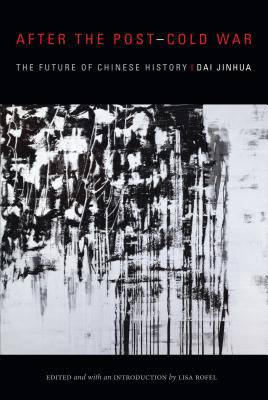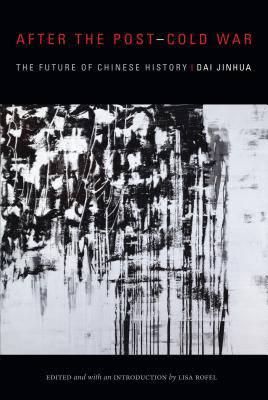
- Afhalen na 1 uur in een winkel met voorraad
- Gratis thuislevering in België vanaf € 30
- Ruim aanbod met 7 miljoen producten
- Afhalen na 1 uur in een winkel met voorraad
- Gratis thuislevering in België vanaf € 30
- Ruim aanbod met 7 miljoen producten
Zoeken
€ 27,95
+ 55 punten
Uitvoering
Omschrijving
In After the Post-Cold War eminent Chinese cultural critic Dai Jinhua interrogates history, memory, and the future of China as a global economic power in relation to its socialist past, profoundly shaped by the Cold War. Drawing on Marxism, post-structuralism, psychoanalysis, and feminist theory, Dai examines recent Chinese films that erase the country's socialist history to show how such erasure resignifies socialism's past as failure and thus forecloses the imagining of a future beyond that of globalized capitalism. She outlines the tension between China's embrace of the free market and a regime dependent on a socialist imprimatur. She also offers a genealogy of China's transformation from a source of revolutionary power into a fountainhead of globalized modernity. This narrative, Dai contends, leaves little hope of moving from the capitalist degradation of the present into a radical future that might offer a more socially just world.
Specificaties
Betrokkenen
- Auteur(s):
- Uitgeverij:
Inhoud
- Aantal bladzijden:
- 224
- Taal:
- Engels
- Reeks:
Eigenschappen
- Productcode (EAN):
- 9781478000518
- Verschijningsdatum:
- 16/11/2018
- Uitvoering:
- Paperback
- Formaat:
- Trade paperback (VS)
- Afmetingen:
- 150 mm x 226 mm
- Gewicht:
- 317 g

Alleen bij Standaard Boekhandel
+ 55 punten op je klantenkaart van Standaard Boekhandel
Beoordelingen
We publiceren alleen reviews die voldoen aan de voorwaarden voor reviews. Bekijk onze voorwaarden voor reviews.











